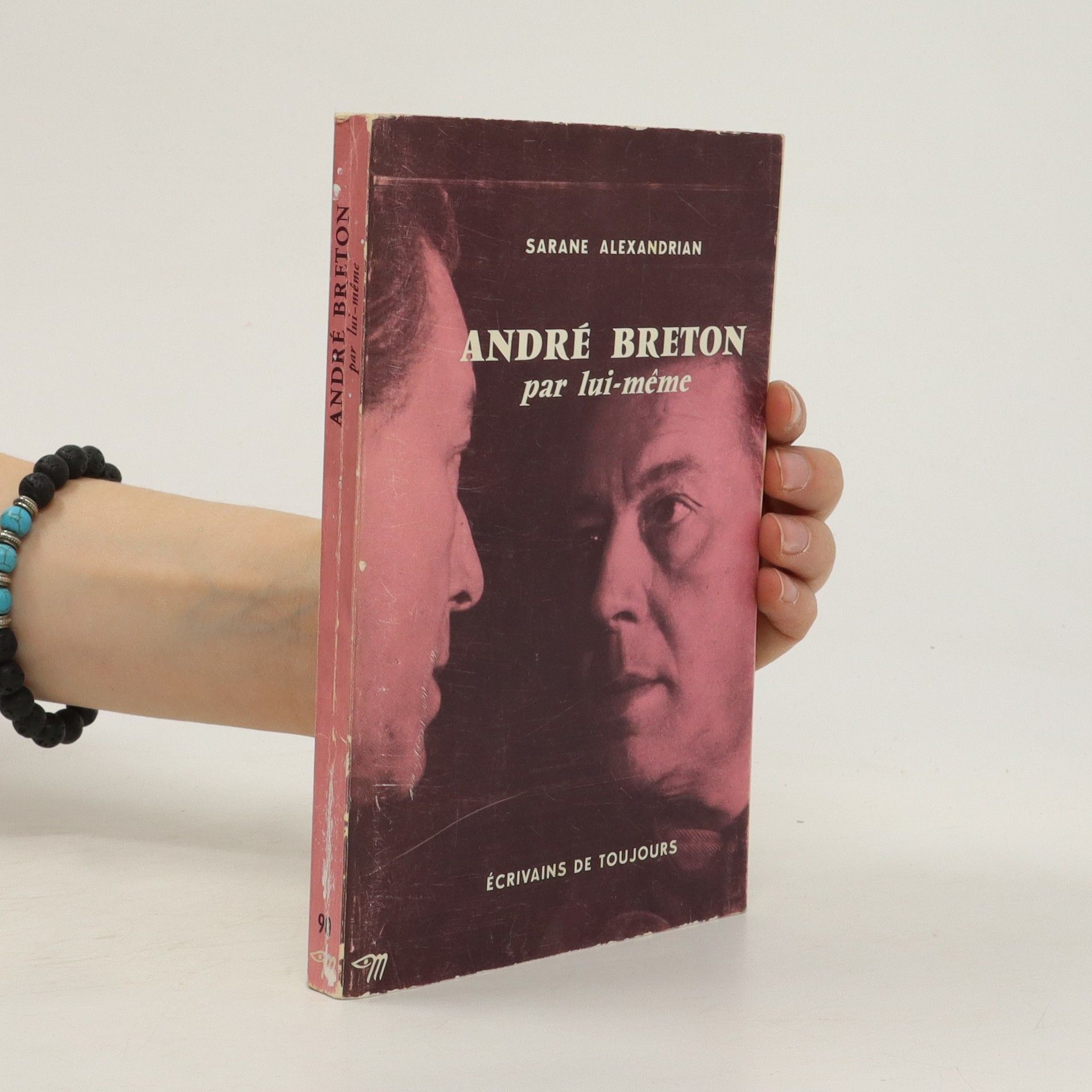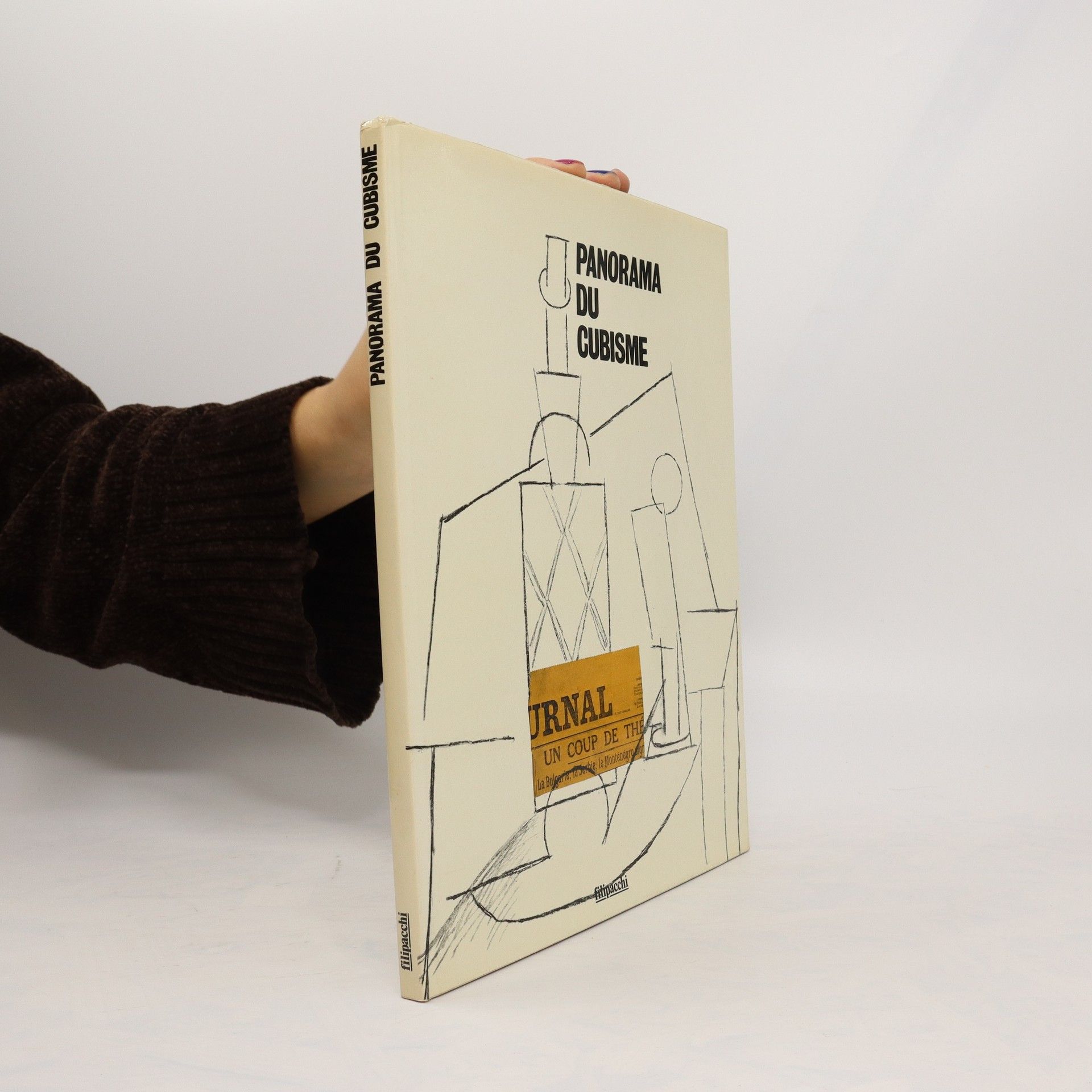Sarane Alexandrian Bücher
Sarane Alexandrian war ein französischer Philosoph, Essayist und Kunstkritiker, der zu einer Schlüsselfigur der surrealistischen Bewegung wurde. Seine frühe Begegnung mit Dada und Surrealismus führte dazu, dass er als letzter Sekretär von André Breton diente und seine Rolle innerhalb der surrealistischen Strömung festigte. Alexandrian setzte sich für Nietzsches Philosophie der fröhlichen Wissenschaft ein und leitete die Zeitschrift Supérieur Inconnu, die Träume, Liebe, Wissen und Revolution verherrlichte. Sein Werk erforscht das tiefe Zusammenspiel dieser Werte, die eng mit Kunst und philosophischer Untersuchung verbunden sind.
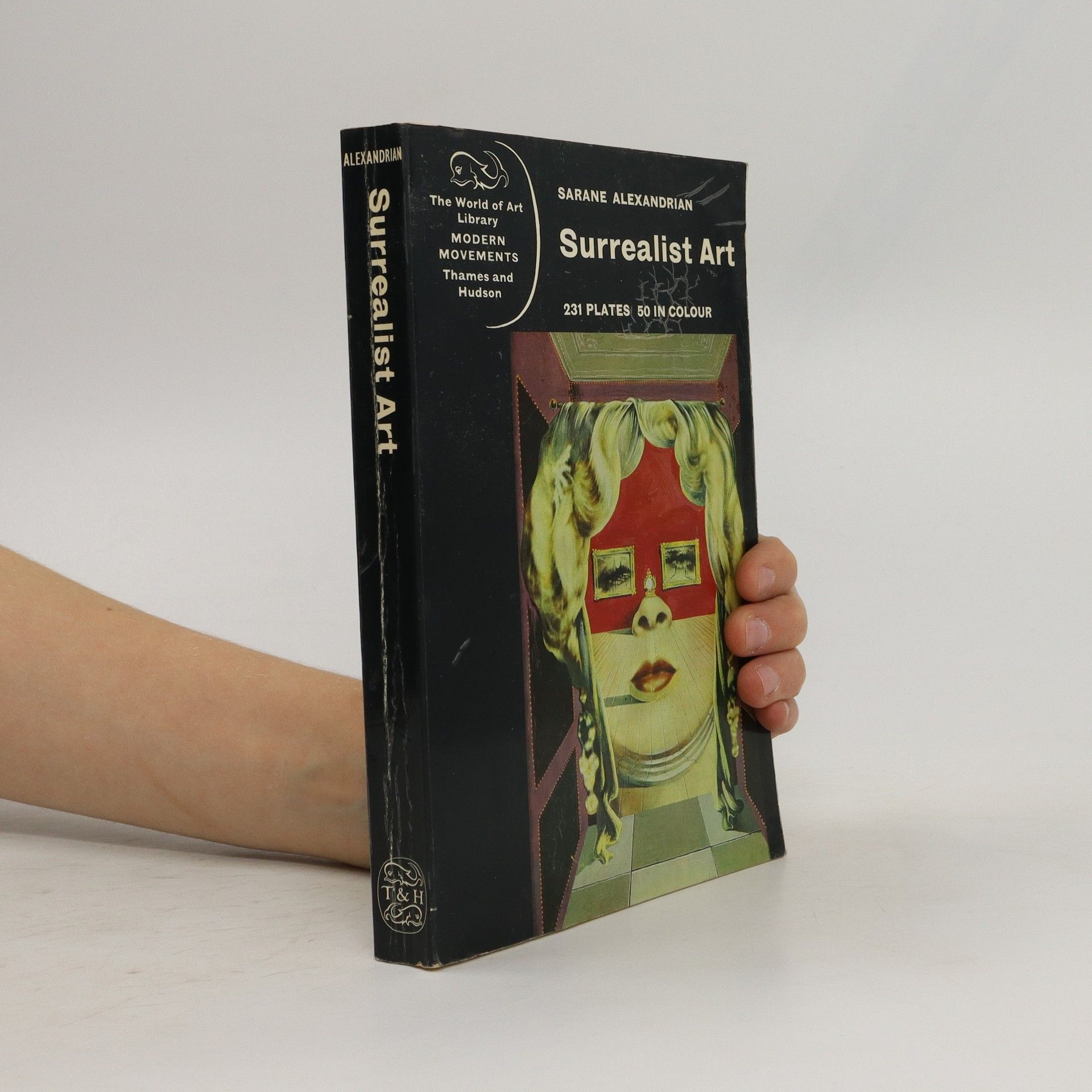
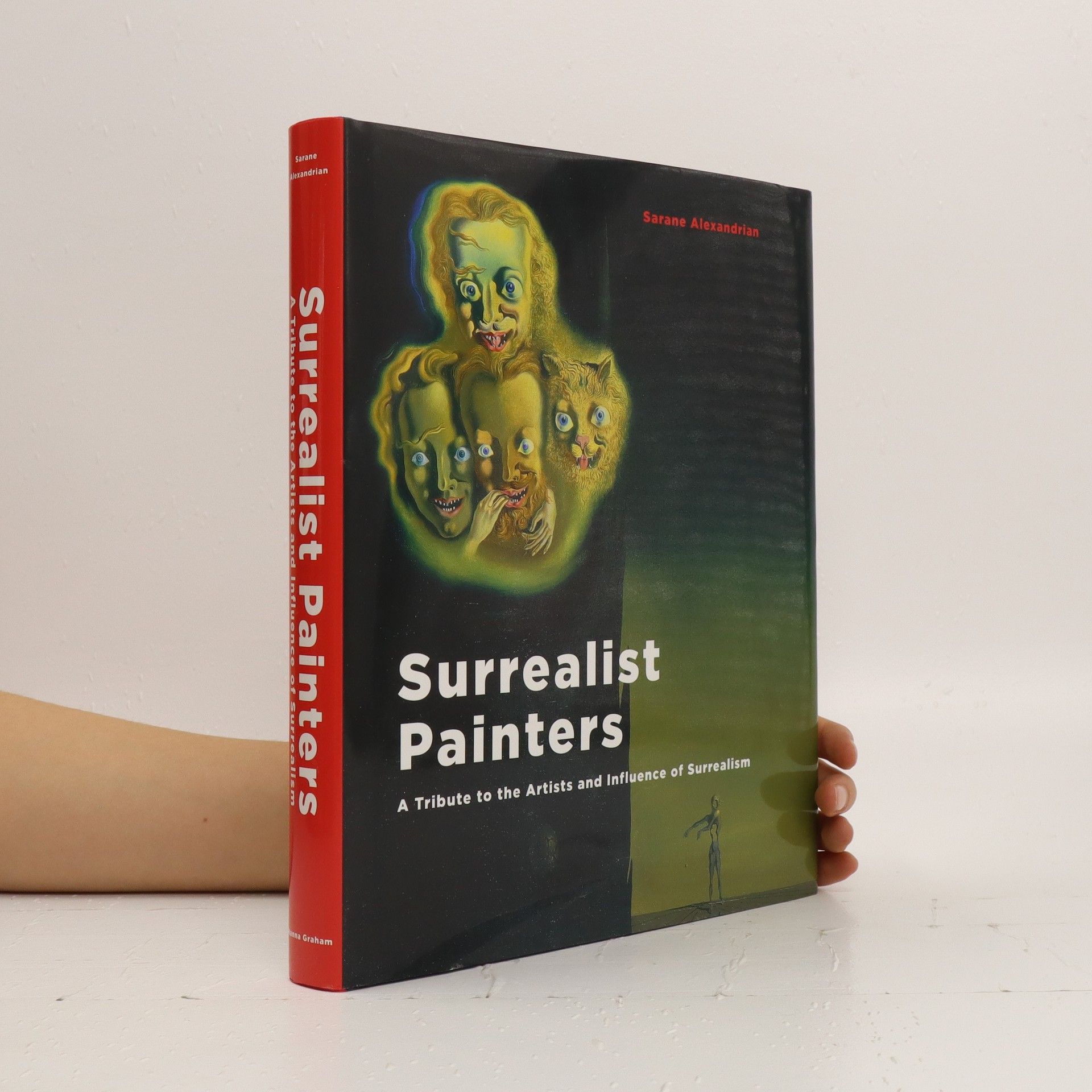
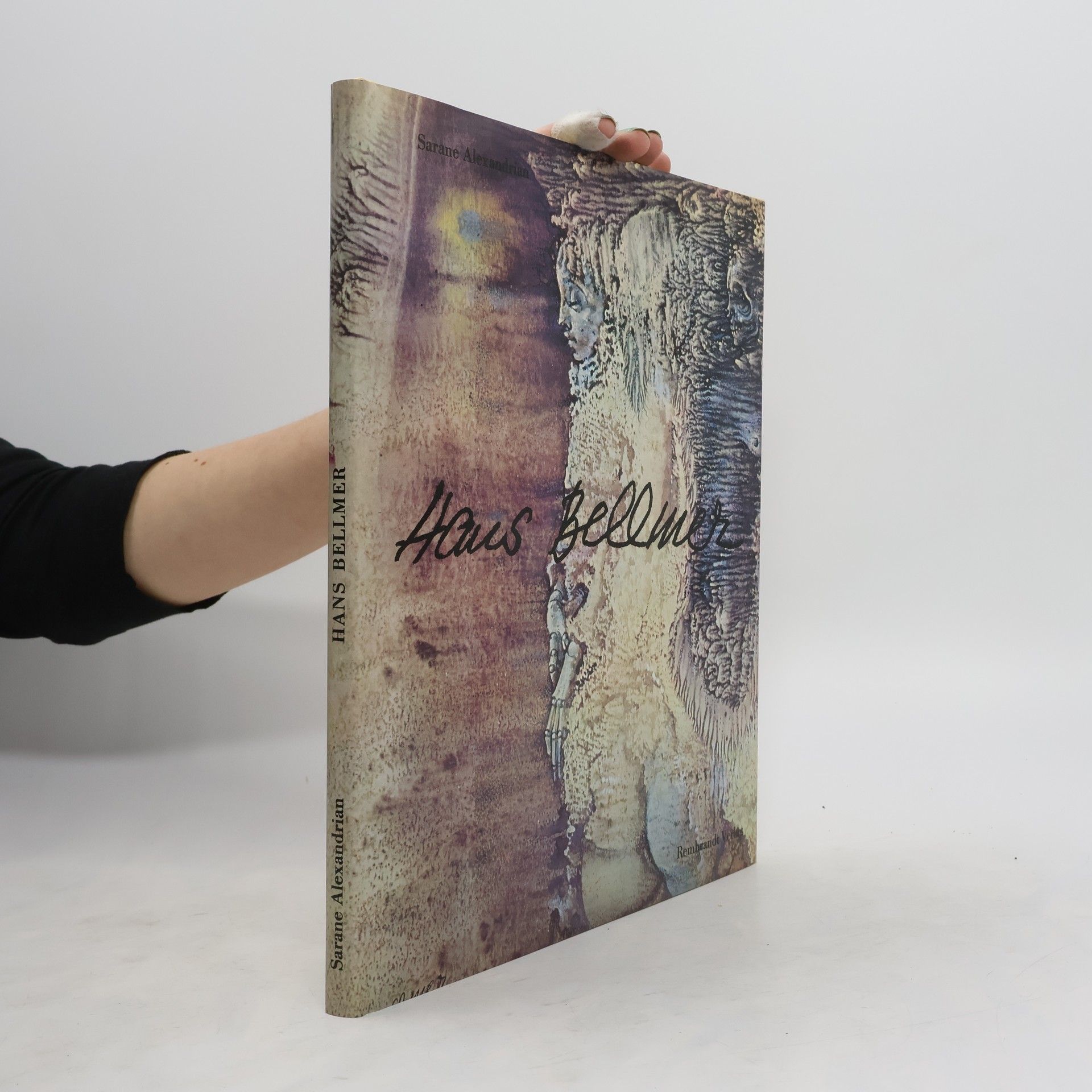
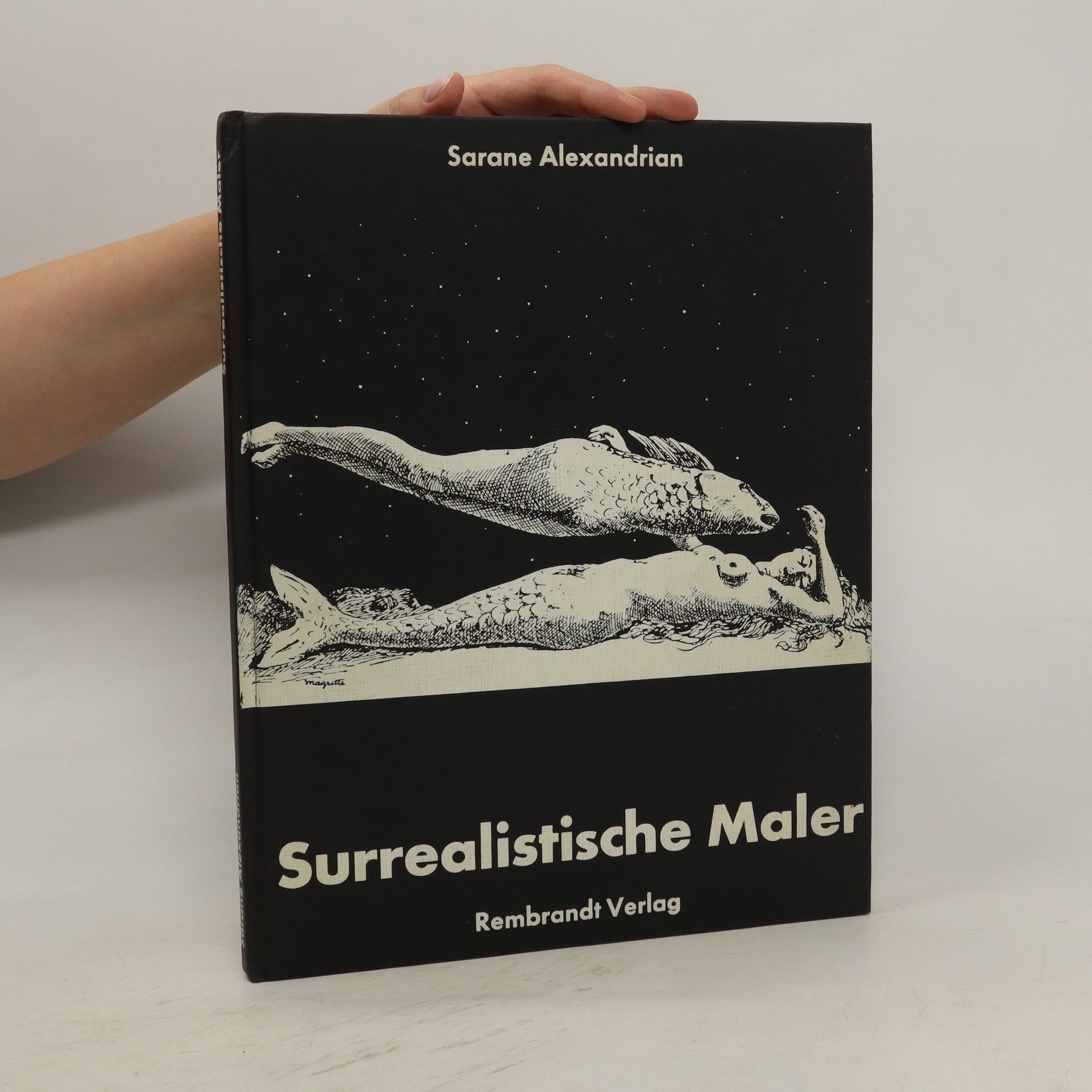

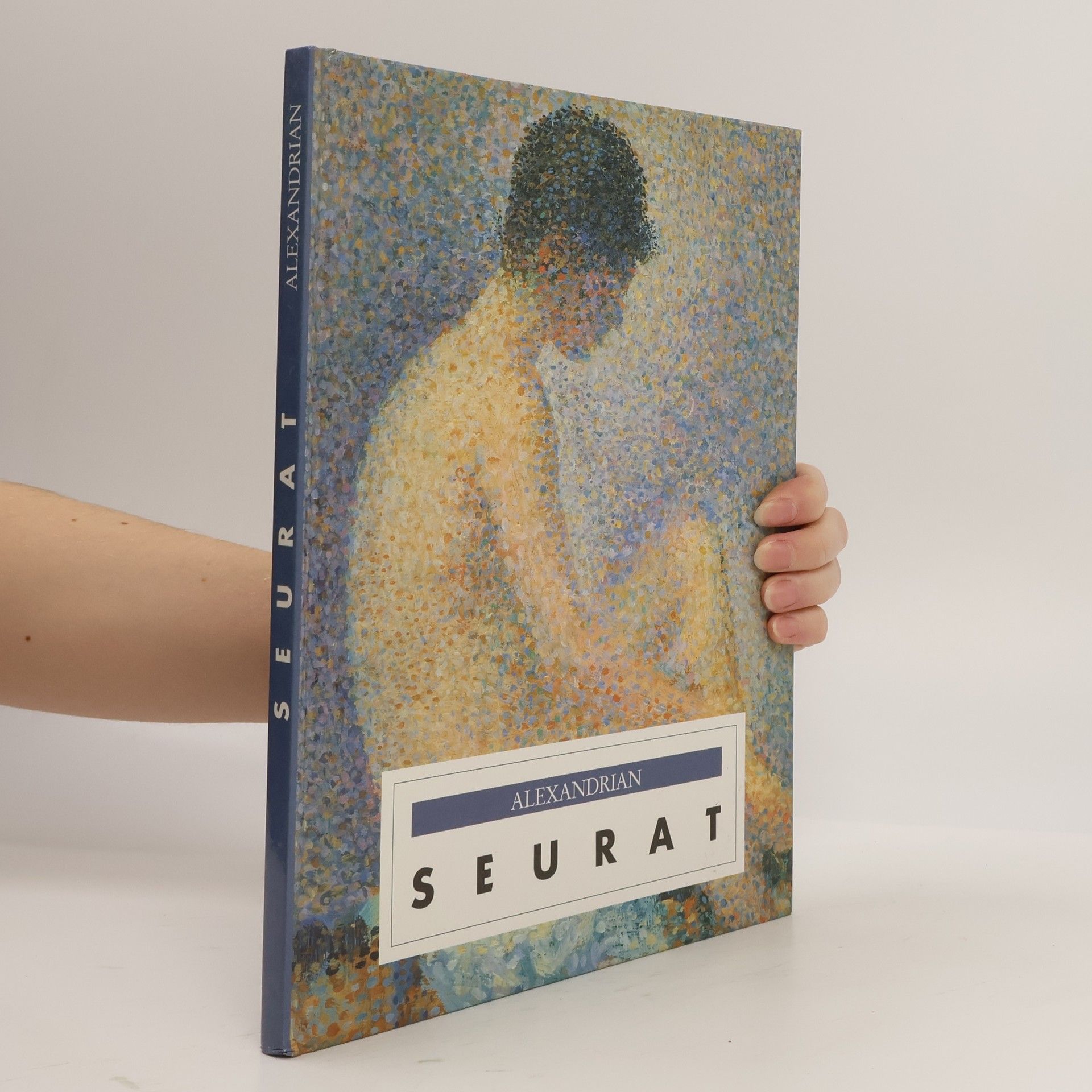
Surrealism, a significant artistic and intellectual movement that dominated the 20th century still inspires an avid interest today. Surrealist exhibitions proliferate the world over, and books devoted to the movement's illustrious participants abound. Rather than the lingering memory of a past poetic and pictorial adventure, Surrealism has proven to be a permanently relevant force.Written by Sarane Alexandrian, a friend and secretary to André Breton and one of Surrealism's most prominent historians, this book offers a dynamic comparison of the great and minor masters of Surrealism, via more than 200 illustrations demonstrating the myriad possibilities of these visionary and revelatory works. This volume pays tribute to the powers of the imagination, the random surprises of daily life and the observation of inexplicable phenomenon, while recognizing the sense of sacredness conveyed by cosmic mysteries, and adding to all the creative marvels seized by these artists the climax of their own inspiration. This book reveals how Surrealist painting, through its spirit and its audacious techniques, was fully engaged in the battle of modern art.
A study of the surrealist movement which traces its development and examines the work and thoughts of its major artists
